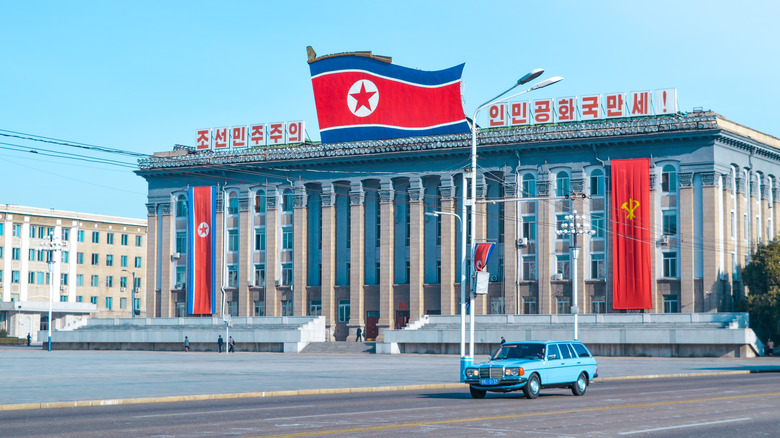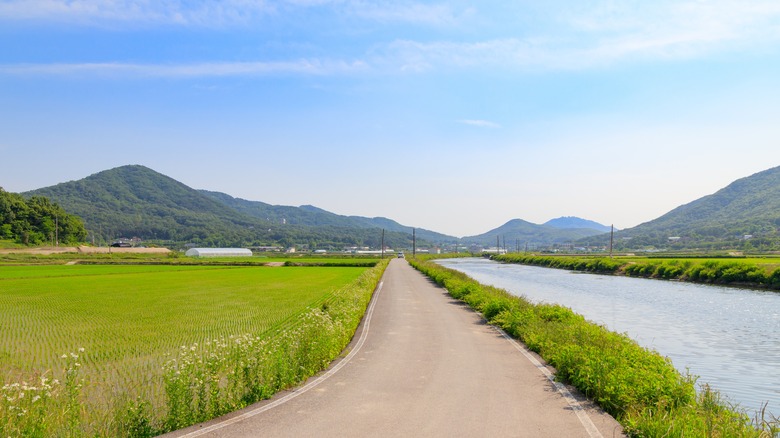North Korean Government Meeting Could Signal Looming Famine
A string of disasters, from COVID-19 to droughts, has left people worldwide vulnerable to hunger and food shortages. The World Food Programme estimates that almost 350 million people are dealing with serious food insecurity, a rise of 200 million since the pandemic began.
Climate change and armed conflicts have been the biggest sources of disruption — with the war in Ukraine breaking supply chains and nations that have suffered decades of conflict, like Afghanistan, struggling to feed their citizens. And as for North Korea, a meeting called by the country's government has sent alarming signals that the nation could be close to famine.
North Korea has had a particularly troubled few years since the pandemic began, even before the rise in famine concerns. Human Rights Watch reports that the North Korean government has maintained intensely strict pandemic lockdowns for three years, which has made the distribution of food even more difficult. The economic toll of restrictions was made even worse when a severe drought hit the country in 2022. Worries about North Korea's struggling agricultural sector have risen to the point that the government has called a meeting in late February to address the emergency.
North Korea has scheduled a meeting to improve agricultural output
According to ABC News, members of the nation's ruling Workers' Party have called a Central Committee meeting, noting that they need "radical change" for the beleaguered agricultural sector. The South Korean government estimates that food production in the North fell by 4% in 2022, while COVID restrictions have cut off North Korea's ability to import from China, its main trading partner and source of support. Reuters notes that some trade has resumed, but the nation remains the target of international economic sanctions due to its pursuit of nuclear weapons.
Concerns about food shortages have also been raised by outside observers. 38 North, an organization that monitors North Korea, published a report warning that food availability has likely fallen to famine levels. Sources within the nation have reported soaring prices for rice and corn, the country's two principle grains (via 38 North). Estimates have shown that the food supply has dropped to the lowest levels since the country's famine in the 1990s, which killed between 600,000 and 1 million people.
The government's self-reported concern is clearly troubling. Whatever the global political climate, let's hope for a solution before things get too dire.

